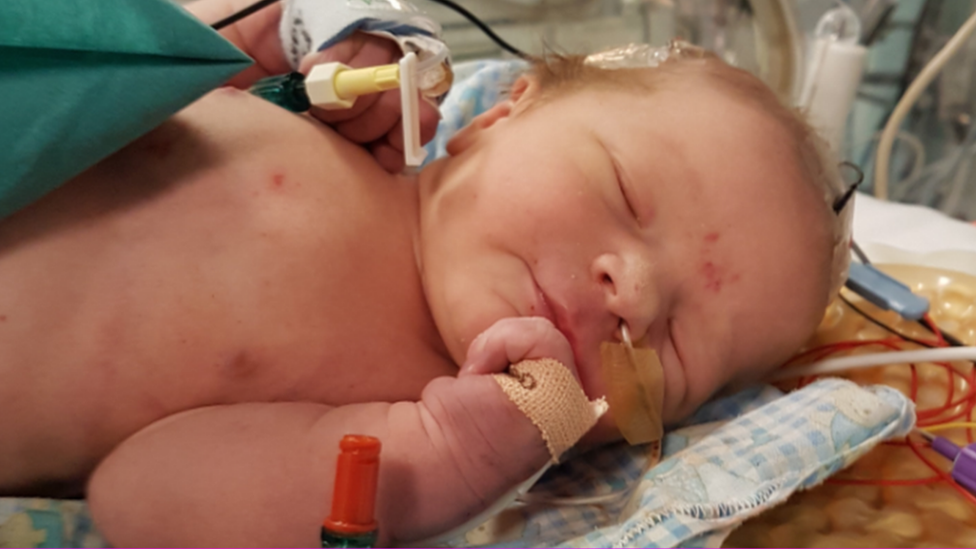Birmingham sickle cell patient's plea for more blood donors
- Published
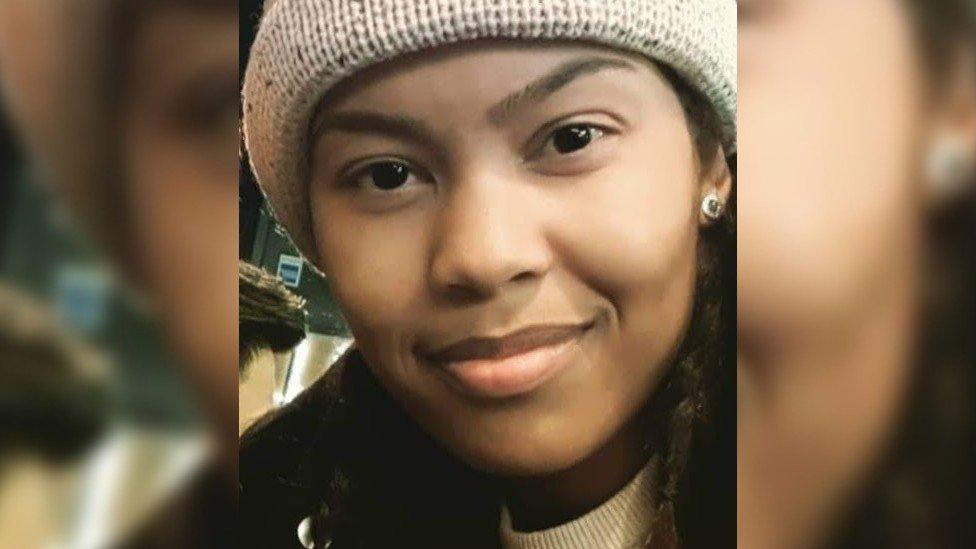
Carlene Scott was diagnosed with sickle cell at birth
A woman with sickle cell disease is urging more people to become blood donors.
Carlene Scott, 35, from Birmingham, receives blood exchanges every four weeks to help her manage her condition.
It comes as NHS Blood and Transplant says 11,046 new donors are needed in the region to save lives over the next year.
"If it wasn't for donors giving blood I wouldn't be here," Ms Scott said.
Across the UK, one million more blood donors are needed over the next five years to ensure patients receive the right type of blood, NHS Blood and Transplant added.
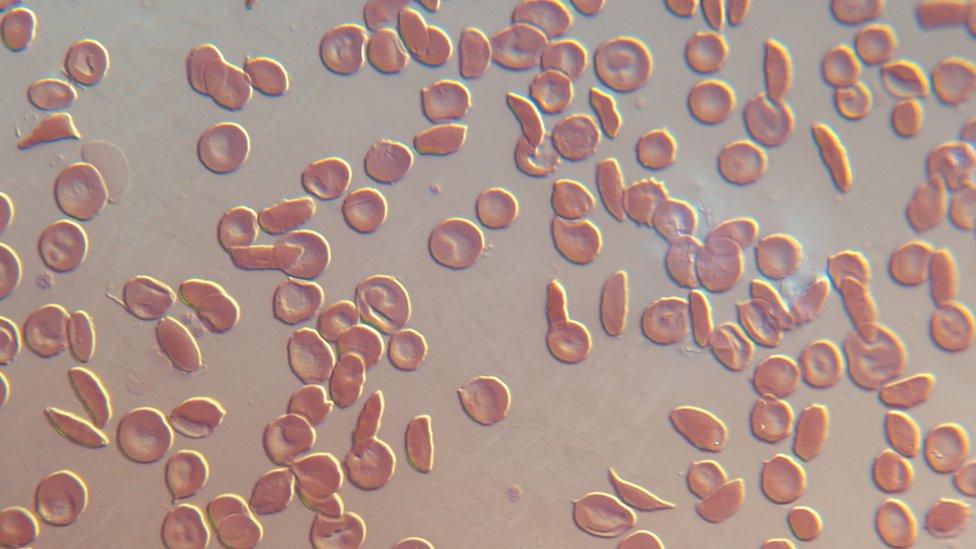
People with sickle cell disease produce unusually shaped red blood cells

What is sickle cell disease?
Sickle cell disease is the name for a group of inherited health conditions that affect red blood cells.
People with sickle cell disease, external produce unusually shaped red blood cells that can cause problems as they do not live as long as healthy cells and can block blood vessels.
It is particularly common in people with an African or Caribbean family background.
Sickle cell disease is a serious and lifelong health condition, although treatment can help manage symptoms, which can include anaemia, lung problems and strokes.
Source - NHS

The appeal is part of its new five-year Blood Service Strategy, which includes a plan to recruit new donors and double the number of regular donors with the rarest blood types to ensure better matched blood types for patients.
There is a particular urgency for more black African and black Caribbean donors to enable treatment of sickle cell patients.
Ms Scott was diagnosed with sickle cell at birth and, although donated blood helps, it has caused a build-up of iron in her body leading to complications including an enlarged liver.
'Longer-term risk'
Ms Scott said: "Donated blood gives me a quality of life - and ultimately saves my life.
"I might not be able to thank every person who gives blood for me and others like me, but I am appreciative of their help."
Most commonly, those who need regular transfusions for sickle cell need blood sub type Ro.
About 55% of black blood donors have the Ro subtype compared to 2.4% of donors from other ethnicities.
Stephen Cornes, director of blood supply at NHS Blood and Transplant, said: "Currently, we can only meet around half of the demand for Ro blood through our existing donor base and demand for this rare blood type is rising.
"This means many sickle cell patients often receive less well-matched blood which, while clinically suitable, can pose a longer-term risk to patients who receive regular transfusions."

Follow BBC West Midlands on Facebook, external, Twitter, external and Instagram, external. Send your story ideas to: newsonline.westmidlands@bbc.co.uk, external
Related topics
- Published18 May 2022
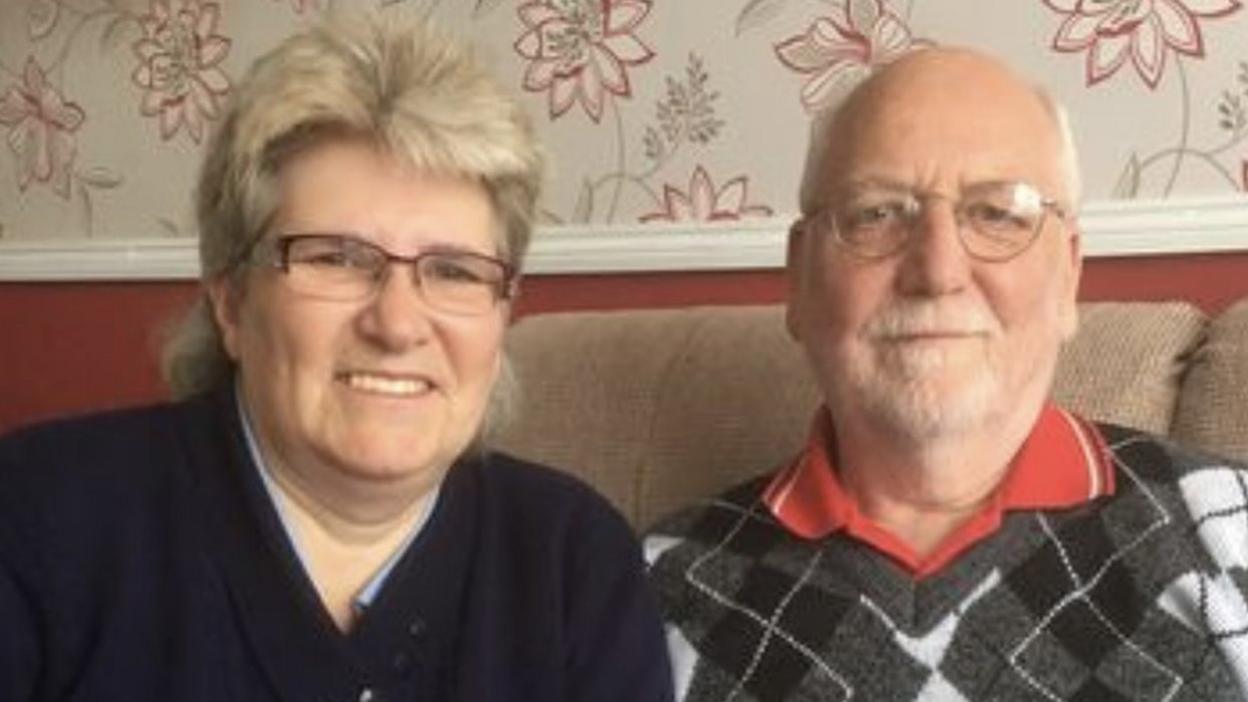
- Published20 February 2022
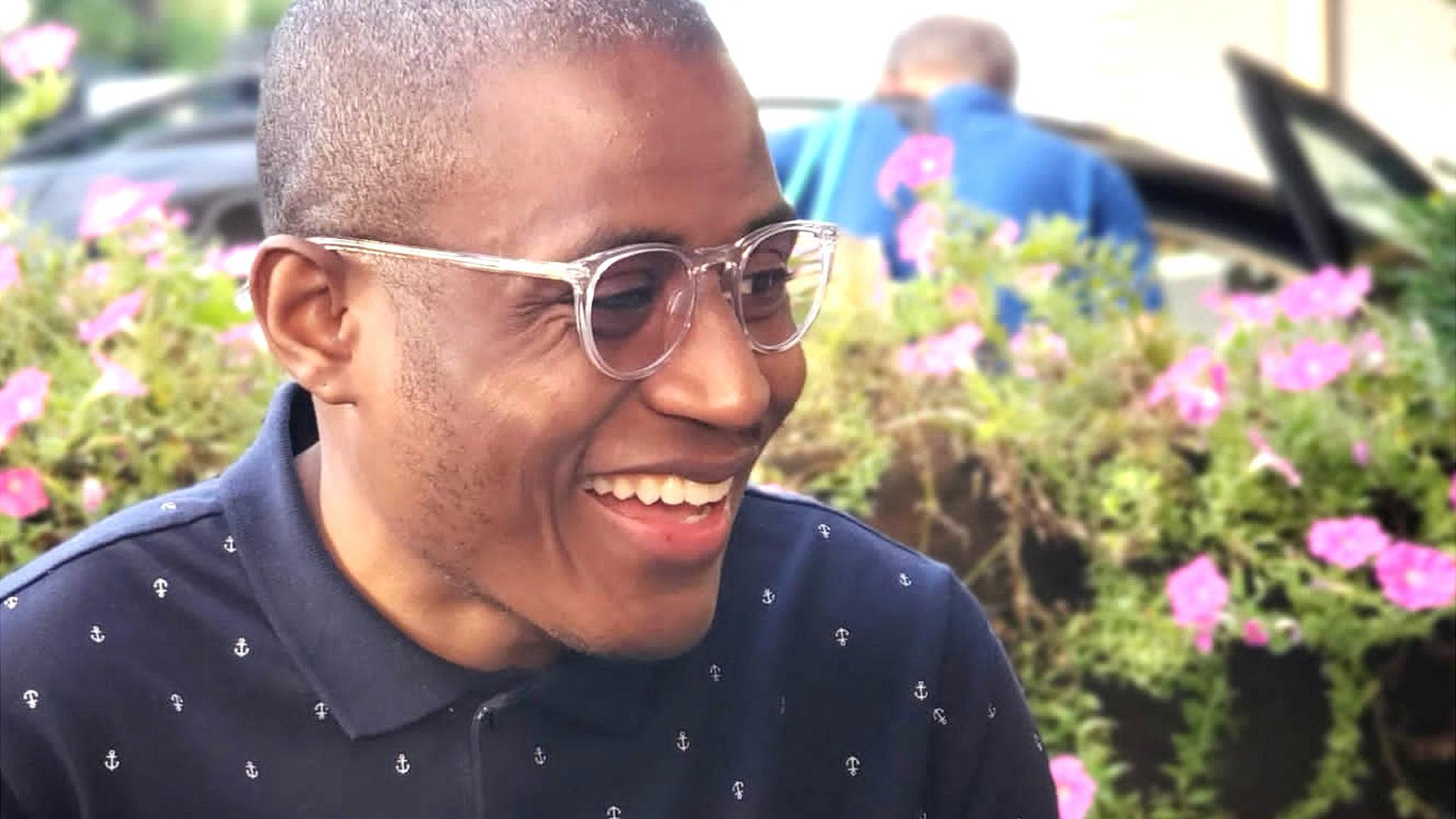
- Published4 January 2022
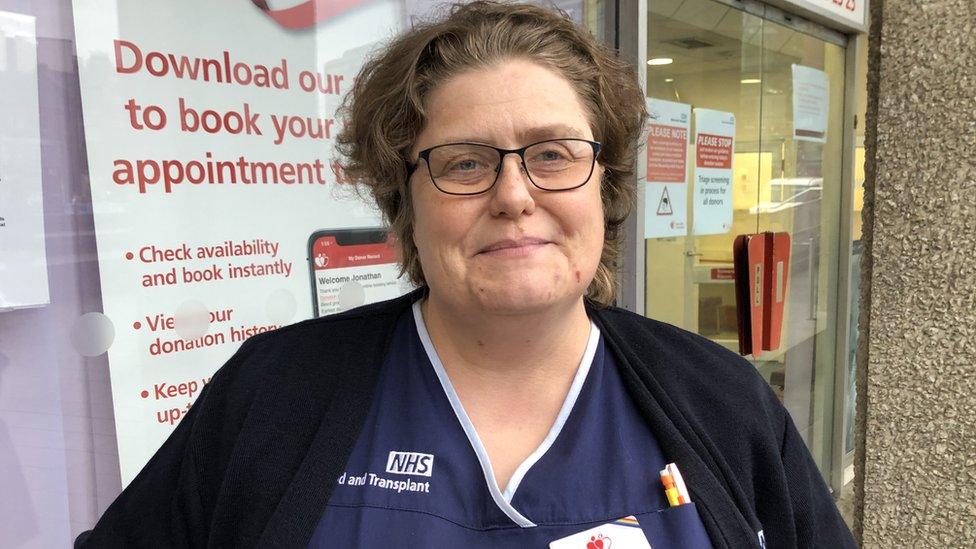
- Published17 August 2021
